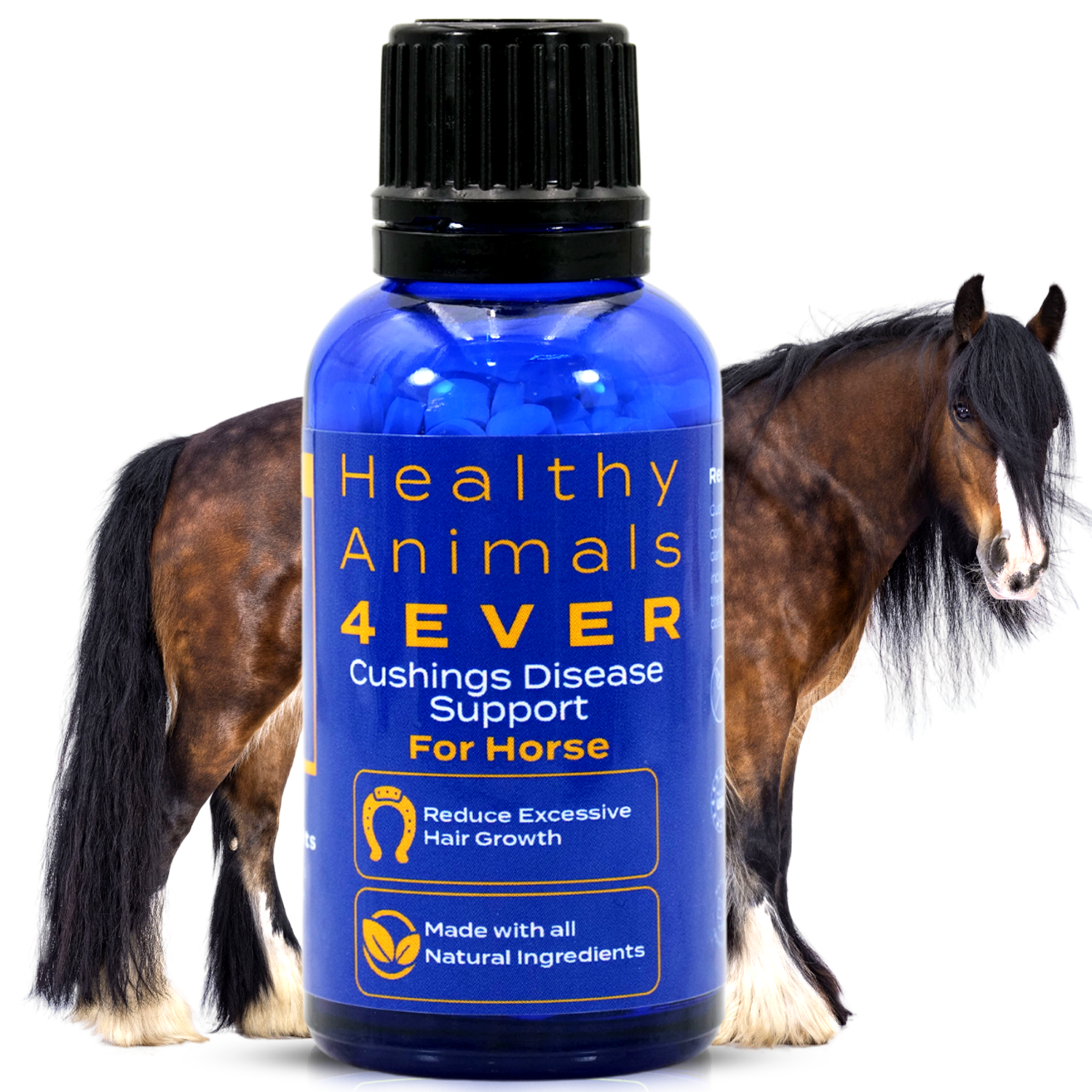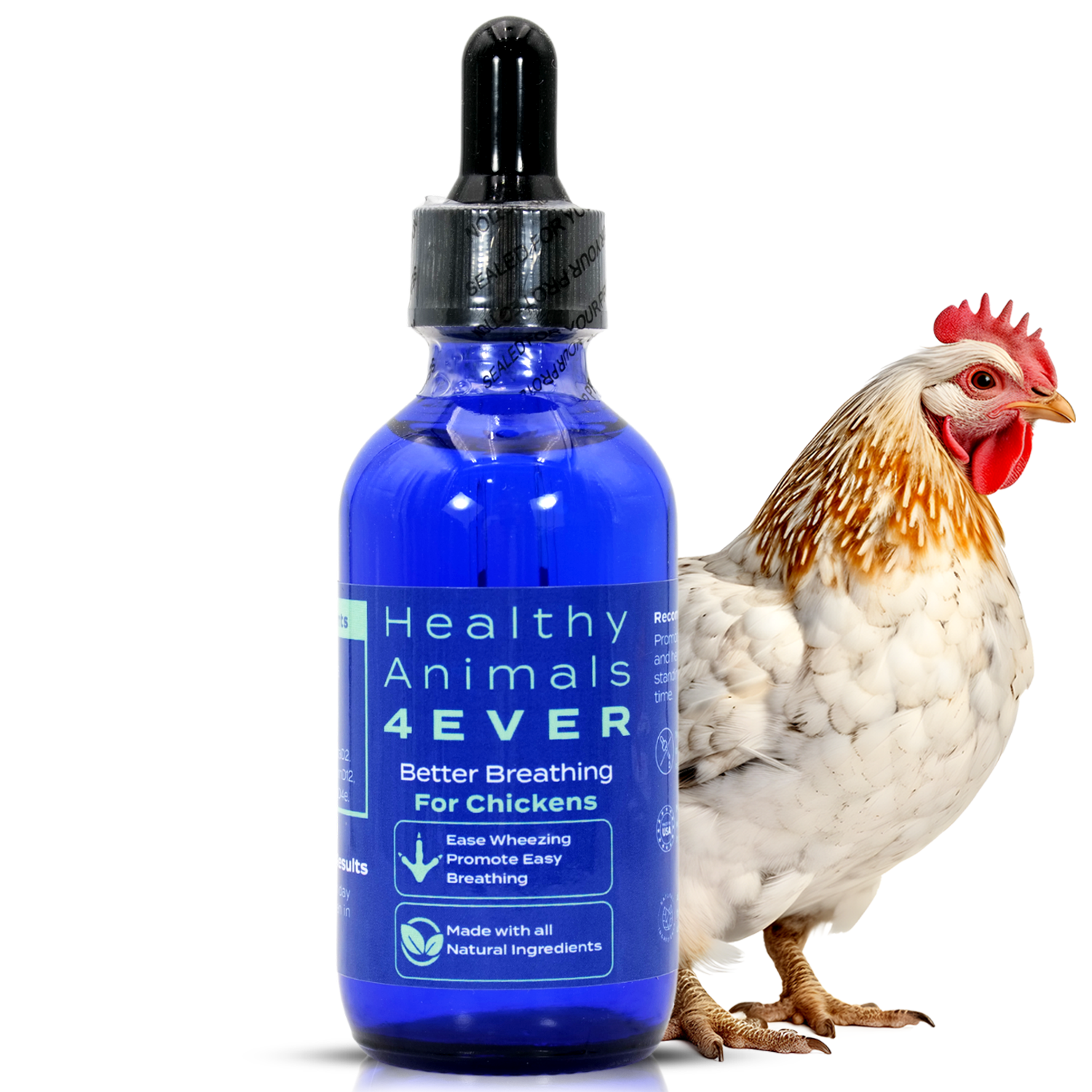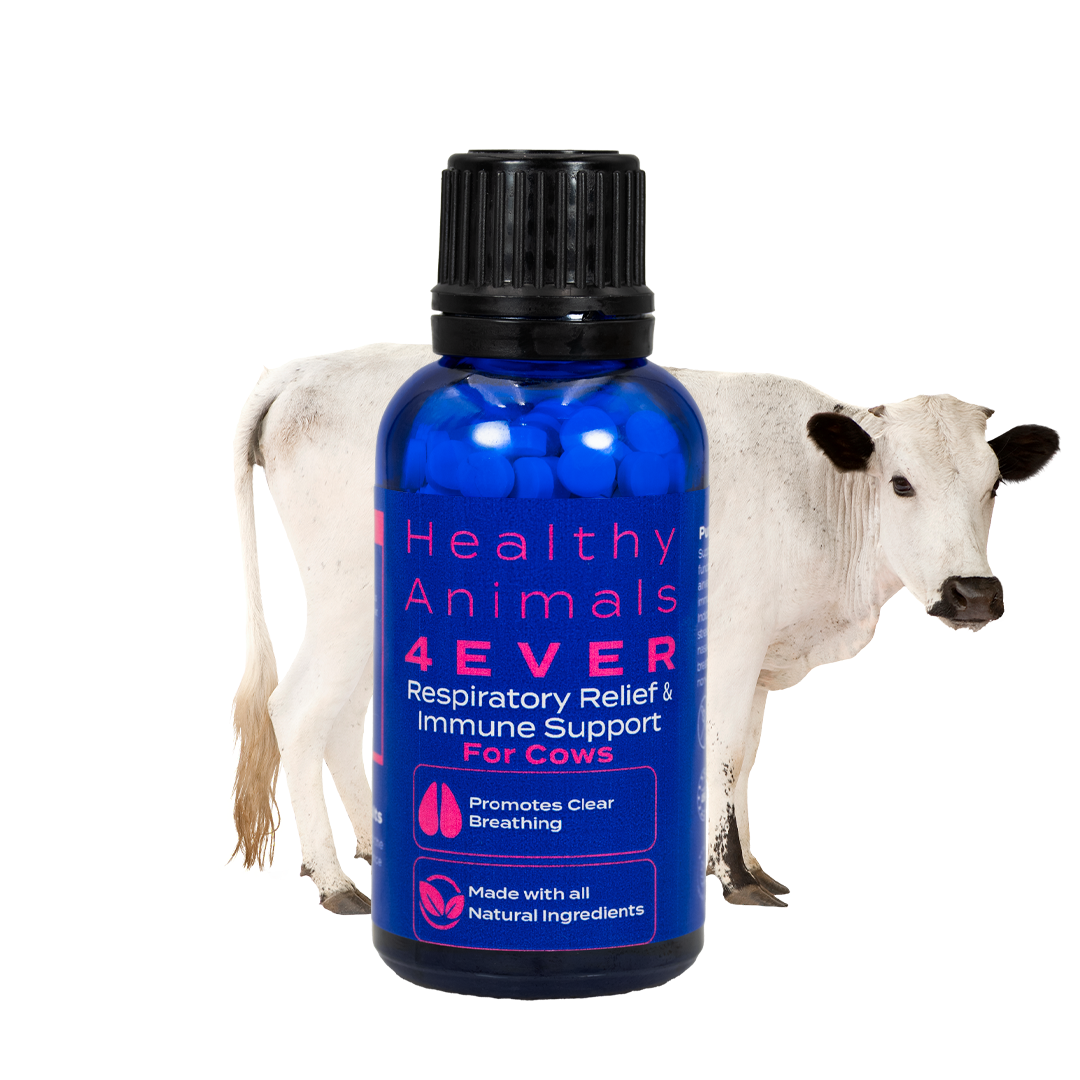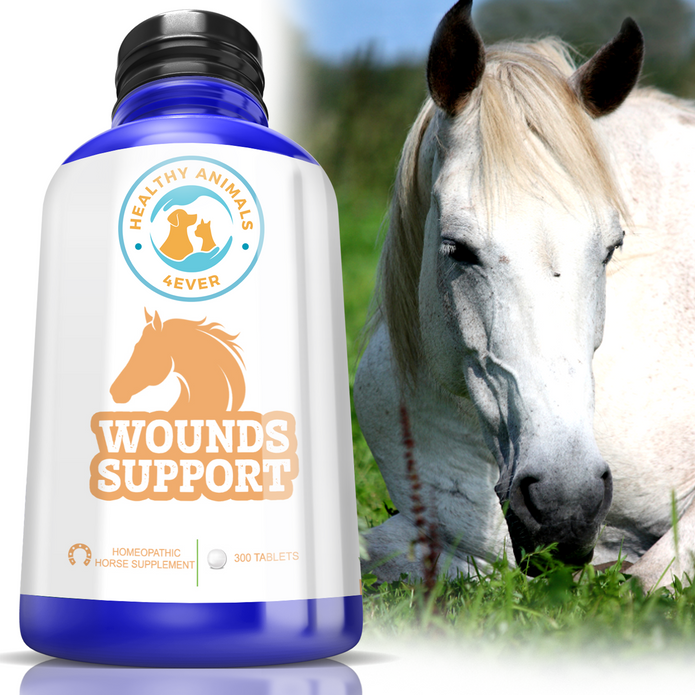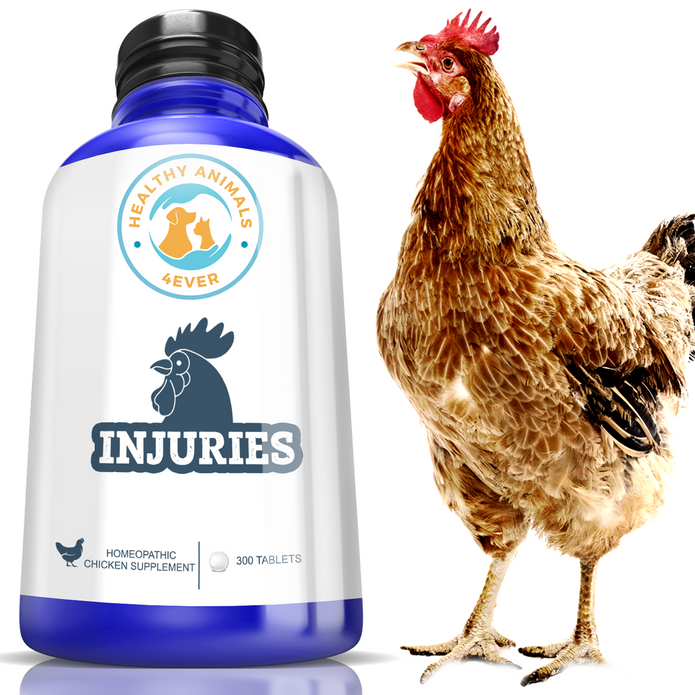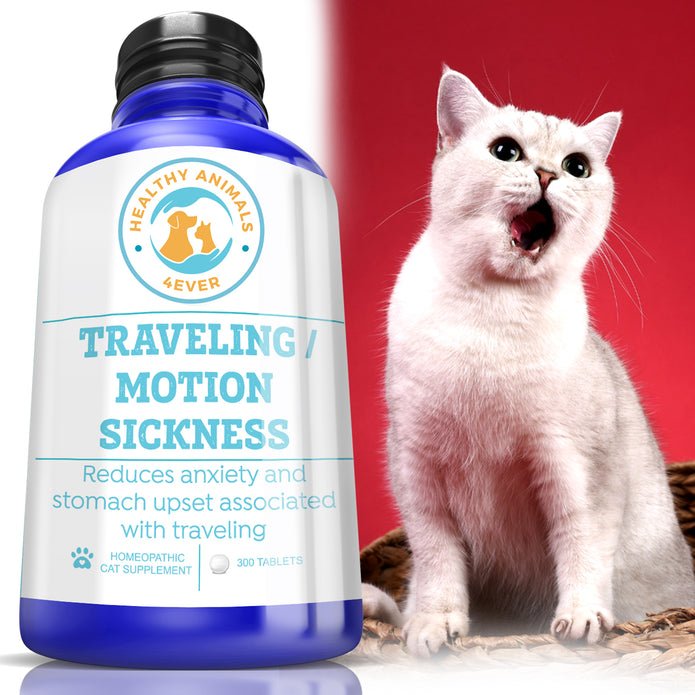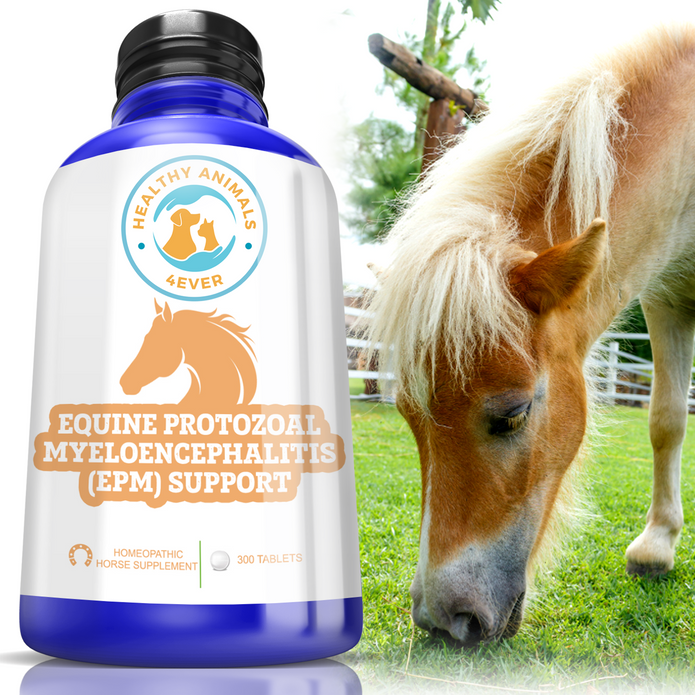World Wildlife Day: Supporting Animal Welfare with Homeopathy

In today's world, where compassion and empathy towards animals are becoming increasingly prevalent, people are exploring various avenues to ensure the well-being of our furry companions. Among these avenues, homeopathy stands out as a gentle yet powerful approach to supporting animal welfare. By addressing not just the physical symptoms but also the emotional and mental aspects of an animal's health, homeopathy offers a holistic way to promote their overall wellness.
What is Homeopathy?
Homeopathy is a system of alternative medicine, founded in the late 18th century, based on the principle of "like cures like," which means that a substance that causes symptoms in a healthy person can treat similar symptoms in a sick person or animal. Homeopathic remedies are highly diluted substances that stimulate the body's natural healing processes, often derived from plants, minerals, or animal sources.
Homeopathy for Animals
Animals, like humans, can experience various physical and emotional ailments. From chronic conditions such as arthritis and allergies to behavioral issues like anxiety and aggression, animals can benefit from the gentle and non-invasive approach of homeopathy. Unlike conventional medicine, which often focuses solely on suppressing symptoms with drugs, homeopathy seeks to address the underlying imbalances that contribute to illness, thereby promoting long-term healing and well-being.
One of the fundamental principles of homeopathy is treating the individual as a whole rather than just the presenting symptoms. This means considering the physical symptoms and the animal's personality, temperament, and environmental factors. Homeopaths often spend considerable time observing and understanding the animal's behavior and lifestyle before prescribing a remedy.
Homeopathy can be used to treat a wide range of conditions in animals, including but not limited to:
- Conditions such as arthritis, asthma, and skin disorders can often be managed effectively with homeopathic remedies, which help to reduce inflammation, strengthen the immune system, and improve overall vitality.
- Homeopathy can be particularly beneficial for addressing behavioral problems in animals, such as separation anxiety, aggression, or obsessive-compulsive behaviors. Homeopathic remedies can help animals feel more calm, confident, and secure by addressing the underlying emotional imbalances.
- Homeopathy is also valuable for treating acute conditions such as injuries, infections, or gastrointestinal upset. Remedies such as Arnica for bruising, Belladonna for fever, or Nux vomica for digestive disturbances can provide rapid relief without side effects.
It's important to note that homeopathy is not meant to replace conventional veterinary care in serious health concerns but rather to complement it. In many cases, homeopathy can be used alongside conventional treatments to enhance their effectiveness and reduce side effects. Still, in minor issues, when there is no need for advanced treatment, homeopathy is ideal. Additionally, homeopathy can benefit animals who may not respond well to conventional treatments or have chronic conditions that are difficult to manage with conventional medicine alone.
Wound support is designed for wound care. It is a natural therapy for pain and inflammation in injured areas. Useful for wounds with bacterial infection or other harmful factors. All-natural formula. Safe and gentle for all horse breeds.
1. Holistic healing
In the face of various threats ranging from habitat loss to climate change, wildlife populations worldwide are under immense pressure. Traditional conservation efforts often involve interventions such as habitat restoration, captive breeding, and anti-poaching measures.
While these approaches are crucial, integrating homeopathy offers additional benefits:
- Homeopathic remedies are administered in minimal doses, making them non-invasive and well-suited for sensitive wildlife species. This gentle approach benefits animals vulnerable to stress or those with delicate physiological systems.
- Just as homeopathy promotes individual well-being, it can also contribute to the overall health of wildlife populations. Homeopathic treatments may help mitigate disease outbreaks and enhance reproductive success by addressing underlying imbalances and strengthening immune responses.
- Homeopathic remedies are environmentally friendly, posing minimal risk to ecosystems and non-target species. Unlike conventional medications that may persist in the environment and disrupt ecological processes, homeopathic preparations undergo dilution to the point where no original molecules remain, ensuring ecological compatibility.
- Homeopathy can complement existing conservation strategies by filling gaps in healthcare provision for wildlife. In remote or inaccessible areas where veterinary care is limited, homeopathic treatments can serve as a valuable resource, empowering local communities and conservationists to address health challenges effectively.

Fortress-metabolic strengthing is a strengthening formula for your dog’s metabolic system. It promotes the healthy functioning of the liver. Natural support for parasite cleansing & may help with die-off symptoms. All-natural formula. Safe and easy to use.
2. Tailored treatment for wildlife
In the dynamic world of wildlife conservation, flexibility and adaptability are paramount. Homeopathy offers a versatile toolkit that can be tailored to suit the needs of various species and ecosystems.
Just as different species exhibit unique behaviors and physiological characteristics, homeopathic remedies can be tailored to address the specific health challenges faced by each species. Whether it's treating respiratory infections in birds or skin conditions in mammals, homeopathy offers targeted solutions that resonate with the individual needs of wildlife.
Homeopathic treatments consider the environmental factors influencing the health of wildlife populations. From pollution-induced stress to habitat degradation, homeopathy addresses the underlying imbalances exacerbated by environmental pressures, promoting resilience and adaptation in the face of changing conditions.

3. Minimizing environmental footprint
While effective in treating animal ailments, traditional veterinary medicine often comes with a significant environmental footprint. Pharmaceutical drugs used in conventional treatments can adversely affect ecosystems when they leach into soil and waterways. Additionally, the manufacturing processes behind these drugs contribute to pollution and greenhouse gas emissions. Disposing of unused medications further compounds the problem, posing risks to wildlife and human health.
Homeopathy starkly contrasts conventional veterinary medicine in terms of its environmental impact. Homeopathic remedies are typically made from natural substances such as plants, minerals, and animal products. These ingredients are sustainably sourced and undergo a process of dilution and potentization, reducing the strain on ecosystems compared to the production of synthetic pharmaceuticals.
Unlike conventional medications that often come in single-use packaging and require precise dosing, homeopathic remedies are administered in small quantities and can be reused for multiple patients. This minimizes waste and reduces the need for resource-intensive manufacturing and packaging processes. Homeopathic remedies are biodegradable and pose minimal environmental risk if inadvertently released into ecosystems. Unlike pharmaceutical drugs, which may persist in the environment and accumulate over time, homeopathic preparations break down naturally without leaving harmful residues.
4. Empowering local communitiesInjuries is a carefully selected formula designed to provide natural support for injuries, promoting an efficient and comfortable recovery.
Effective wildlife preservation requires collaboration and partnership with communities close to conservation areas. These communities often possess valuable insights into local ecosystems, traditional knowledge about wildlife behavior, and a deep connection to the land. By engaging residents as active participants in conservation efforts, organizations can leverage their expertise and foster a sense of ownership and stewardship over natural resources.
Homeopathy fills a critical gap in remote or underserved areas where access to conventional veterinary care is limited by providing accessible and affordable healthcare options for wildlife. Local community members can be trained in basic homeopathic principles and remedies, empowering them to address common health issues affecting wildlife populations in their vicinity.

Homeopathy resonates with many indigenous and traditional healing practices, making it culturally relevant and accessible to local communities. It bridges the gap between modern science and indigenous wisdom by incorporating traditional knowledge into conservation strategies, fostering mutual respect and understanding among diverse stakeholders.
Training local community members in homeopathic principles and techniques enhances their skills and knowledge and creates economic opportunities within the community. Wildlife conservation organizations can support capacity-building initiatives by providing training workshops, educational materials, and ongoing mentorship, empowering community members to preserve their natural heritage actively.
5. Advocating ethical practicesTraveling/motion sickness is a motion sickness aid for cats. It helps with anxiety and stomach upset associated with traveling. It may prevent vomiting and other issues related to motion sickness. All-natural formula. Easy to use.
At the heart of homeopathy lies a deep respect for the individual. Whether it's a majestic elephant, a delicate songbird, or a tiny insect, every living being is treated with compassion and dignity.
In contrast to conventional veterinary treatments that may involve invasive procedures or harsh medications, homeopathy offers a gentle, non-invasive alternative that minimizes harm to wildlife. By promoting natural healing processes and supporting the body's innate capacity to heal, homeopathy fosters resilience and vitality in wildlife populations without causing undue stress or harm.

Homeopathy advocates for education and awareness initiatives that promote ethical standards of care for wildlife. Outreach programs, training workshops, and public awareness campaigns raise awareness about the importance of ethical wildlife management practices and the role of homeopathy in supporting animal welfare. Homeopathy advocates for humane wildlife management practices that prioritize non-lethal methods of population control and conflict resolution. By offering alternatives to lethal control measures, homeopathy promotes ethical solutions that minimize harm to wildlife and respect their intrinsic value and rights.
6. Other holistic methodsBesides homeopathy, there are several holistic healing methods commonly used for animals:
- Acupuncture, an ancient Chinese healing art, involves inserting thin needles into specific points on the body to stimulate energy flow and promote healing. Acupuncture often relieves pain, improves mobility, and addresses various animal health conditions.
Equine protozoal myeloencephalitis support is a natural remedy for EPM. It helps with muscle weakness and lack of coordination. Promotes nerve regeneration, motor control, and vitality. It supports the immune system and aids in easing inflammation within the central nervous system. All-natural formula. Safe and gentle for all horse breeds.
- Animal chiropractic involves manual manipulation of the spine and joints to restore proper alignment and function. Chiropractic adjustments can help relieve musculoskeletal issues, improve nerve function, and enhance overall animal mobility and well-being.
- Massage therapy for animals involves applying gentle pressure and manipulation techniques to muscles, joints, and soft tissues. It can help reduce muscle tension, improve circulation, alleviate pain, and promote animal relaxation and emotional well-being.
- Herbal medicine utilizes plant-based remedies to support health and treat various animal ailments. Herbs can be administered orally, topically, or through aromatherapy to address various conditions, including digestive issues, skin problems, and immune support.
- Nutrition plays a crucial role in animal health and well-being. Nutritional therapy provides animals with balanced diets tailored to their needs, incorporating whole foods, supplements, and natural remedies to support optimal health and vitality.
- Energy healing modalities such as Reiki, Healing Touch, and Pranic healing involve channeling healing energy to balance the body's energy systems and promote relaxation, stress reduction, and overall wellness in animals.
- Aromatherapy utilizes essential oils derived from plants to promote physical and emotional healing in animals. Essential oils can be diffused, applied topically, or inhaled for stress relief, immune support, and behavior modification.
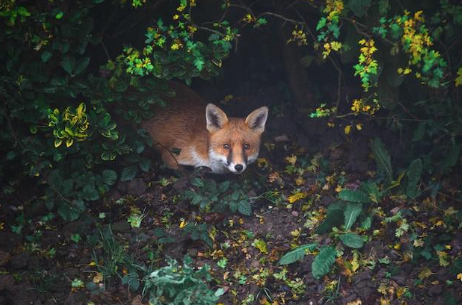
- Behavioral therapy, as a holistic approach to animal behavior modification, focuses on addressing underlying emotional and psychological issues that may contribute to behavioral problems. Techniques such as positive reinforcement training, desensitization, and counterconditioning help promote positive behavior and emotional well-being in animals.
- Providing a stimulating and enriching environment is essential for promoting holistic animal health. Enrichment activities such as socialization, mental stimulation, and access to natural elements help fulfill animals' physical, emotional, and behavioral needs, enhancing their overall well-being and quality of life.
These holistic healing methods can be used individually or in combination to support animals' health, happiness, and vitality, promoting a balanced and harmonious life for our beloved animal companions.
The Bottom Line
As we navigate the complex challenges of animal welfare and conservation in a rapidly changing world, homeopathy emerges as a beacon of hope, bridging the gap between traditional healing wisdom and modern conservation science. Homeopathy catalyzes positive change by embracing the principles of holistic healing, environmental stewardship, and community empowerment, paving the way for a future where animals and ecosystems thrive in harmony.






